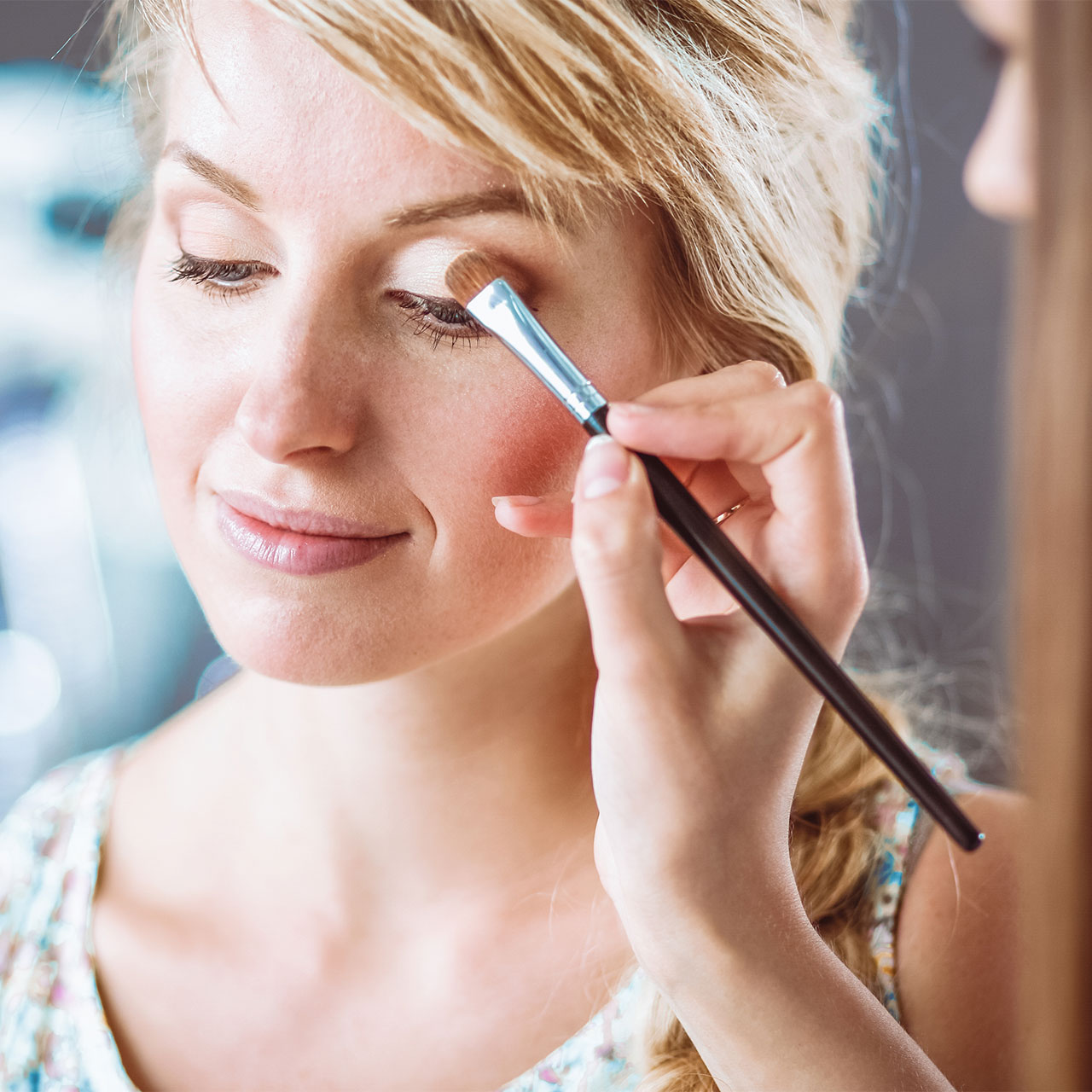Social media apps have so many pros and cons. You likely already know them all — they keep you connected to friends and family and deliver quick news clips. They are a source of endless entertainment, including fun videos. On the con side, they collect tons of data about you and can compromise your privacy and security. It can be difficult to figure out the best way to use these apps so that they enrich your life, without taking away from it too much, or leaving you more vulnerable to hackers.
A smart offense is your best defense when it comes to apps like Facebook, Snapchat, TikTok, and Instagram. This means becoming familiar with their settings and avoiding common mistakes that can put your data at greater risk. Here are six unexpected social media mistakes you should stop making because they’re putting your data at risk.


1. Using Weak Passwords
No app you use is safe if you are still relying on your birthday, anniversary, or family names as passwords. Your password should be lengthy — 12 to 16 characters — and contain a complex mix of uppercase and lowercase letters, numbers, and symbols. If an app also allows you to use biometrics like Face ID, always allow this for an added security measure. And if you can enable two-factor authentication on top of it all, now you’re really taking major steps to increase your security and keep your data safe.

2. Clicking On Suspicious Links
You’ve just received a DM from someone you know. But the message seems odd and impersonal and there’s a link to a site that seems suspicious. Even if the sender is your best friend or sibling, do not click on odd-looking links. The sender may have been hacked and the link could lead you to a site that downloads malware onto your device. Let the sender know you’ve received this DM so they can investigate if they didn’t send it.

3. Accepting Friend Requests from People You Don’t Know
It may be tempting to accept friend requests from people you don’t know, especially when they seem too good to be true. Perhaps you are single and a stunning doctor just so happened to send you a friend request — why wouldn’t you take your chances and accept, right? Don’t do it. This is a common phishing tactic that hackers use to gain access to you and your contacts and hack your data. If you aren’t sure about the sender, check out their profile. Do their photos look like they were photoshopped? Do they lack real friends and interactions on their wall? These are signs that this is a phantom hacker, and not a real person looking to connect.

4. Giving Apps Too Many Permissions
Social media apps will push — and push — for as many permissions as you grant them. But does the app really need your microphone, location, and access to your camera? Probably not. Be careful when granting permissions and allow them as little as possible to protect yourself.

5. Not Updating Apps
Every now and then your app will let you know that it needs to be updated. Don’t sleep on these security updates — they can help sort out known bugs and protect you from hackers. It only takes a few minutes to update apps, and it will make a difference in your privacy and security.

6. Providing Too Much Personal Information
After you’ve set the strongest passwords you can and are taking steps to limit permissions and not accept strange friend requests, the majority of the data you choose to expose is up to you. Be cautious about sharing things like phone numbers, addresses, your vacation plans, or photos that show where you go on a daily basis. Sharing impersonal details and leaving the personal ones for people you know well is important to help you protect your data.


























